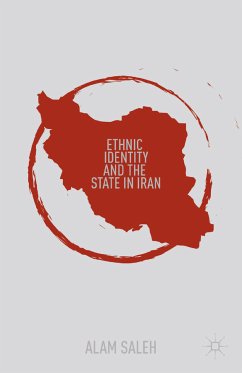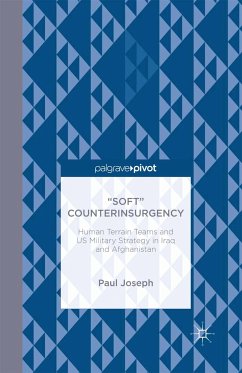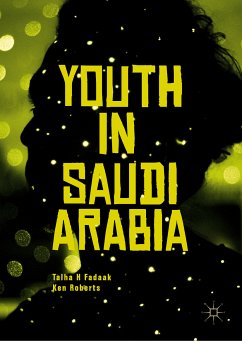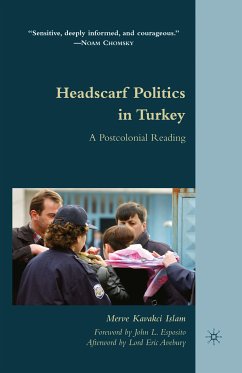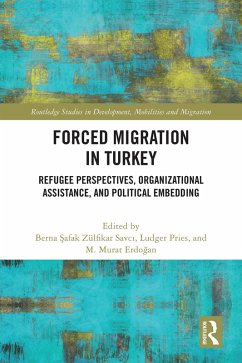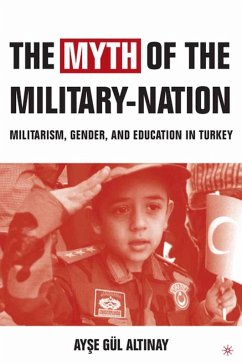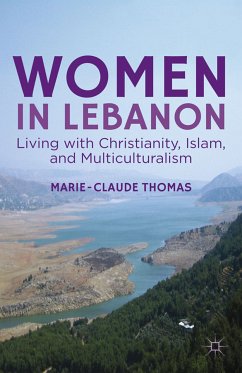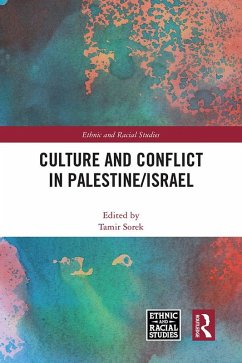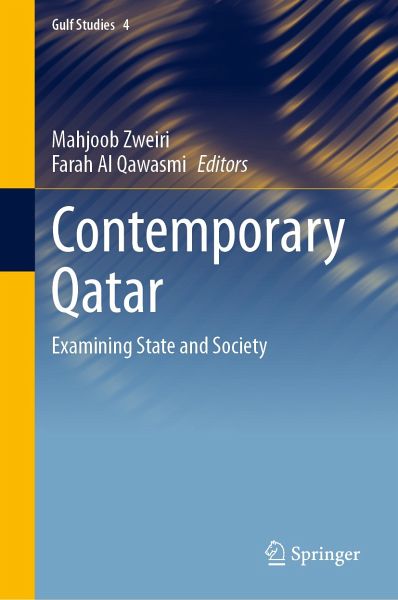
Contemporary Qatar (eBook, PDF)
Examining State and Society
Redaktion: Zweiri, Mahjoob; Al Qawasmi, Farah
Versandkostenfrei!
Sofort per Download lieferbar
104,95 €
inkl. MwSt.
Weitere Ausgaben:

PAYBACK Punkte
52 °P sammeln!
This book addresses critical topics and unanswered questions on the contemporary state of Qatar. Drawing together a unique combination of authors that have researched the Gulf Cooperation Council (GCC) in general, and the state of Qatar specifically, each author provides an in-depth empirical analysis of Qatar's current social, political, and economic landscape against a historically informed backdrop. Cognizant of its rapid state of flux, the contributors collectively provide a comprehensive overview of the intersection of these respective areas, delving into the historical creation of Qatar ...
This book addresses critical topics and unanswered questions on the contemporary state of Qatar. Drawing together a unique combination of authors that have researched the Gulf Cooperation Council (GCC) in general, and the state of Qatar specifically, each author provides an in-depth empirical analysis of Qatar's current social, political, and economic landscape against a historically informed backdrop. Cognizant of its rapid state of flux, the contributors collectively provide a comprehensive overview of the intersection of these respective areas, delving into the historical creation of Qatar as a state, its politics and systems of governance, its economic strata and reliance on natural resources, its society and national identity, its new and thriving sports culture, and, most topically, matters of diplomacy, the 2017 blockade, and its armed forces. Owing to the contributors' invaluable firsthand experience and knowledge of Qatar, this book provides valuable insights into this nation, at once old and new, and its intertwined trajectories in its socio-political and economic positionality within the region. This book is an invaluable resource for students and scholars researching the Middle East generally, and the Gulf, specifically, with interests in topics such as politics and international relations, political economy and foreign policy, development, sources of social change, societal activism, popular culture, and the various elements of identity.
Dieser Download kann aus rechtlichen Gründen nur mit Rechnungsadresse in A, B, BG, CY, CZ, D, DK, EW, E, FIN, F, GR, HR, H, IRL, I, LT, L, LR, M, NL, PL, P, R, S, SLO, SK ausgeliefert werden.



